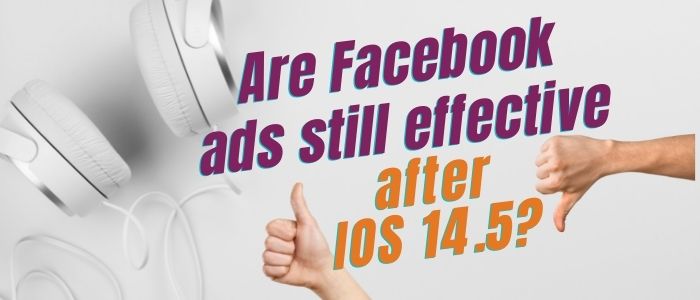
Are Facebook and Instagram ads still effective after the IOS 14.5 rollout?
The iOS 14.5 rollout in late April was a significant software update that added a lot of features for users, including a prompt to choose how Siri sounds, the ability to unlock FaceID-capable iPhones with an Apple Watch, and major changes to how the device software handles user privacy online.
Some marketers are reporting poor reach and impact, plus reduced tracking and personalization capabilities. We’ll break it down in this marketing minicast with Anne Popolizio of Social Squib, and Lynn Gregorski of Rapunzel Creative Marketing.
Lynn Gregorski: Welcome everybody to our marketing mini cast. Is Facebook advertising still viable after the iOS 14.5 release? There’s a lot of talk about this and that’s what we’re going to talk about today. I’m Lynn Gregorski from Rapunzel Creative Marketing, and I am joined by the fabulous…
Anne Popolizio: Anne Popolizio from Social Squib.
Lynn Gregorski: There’s been a lot of talk about this release and how this is going to affect or is affecting Facebook advertising. So I’m so happy to have you on so that we can go right to the source to find out what your thoughts are on Facebook ads under this change. Tell us what you’re seeing.
Anne Popolizio: For the most part, if the client was able to get everything set up, then things are functioning pretty normally. We did see costs go up after the enforcement went into effect, and we keep getting notifications that custom audience sizes may be reduced so there are consequences from that, that people might not be fully aware of.
If you didn’t get it (your ad campaign) set up, that’s when things got wonky; or if you were using a tool that didn’t roll out a solution for it (the iOS update), or a way to verify the domain, then we’re having issues running conversion ads in those situations. We’re doing the best we can, or we just have some very funky data.
In terms of if you were able to get it set up, there still are some consequences. One of the issues was that if somebody has opted out of tracking, those people might not be ending up in the custom audience. That’s really going to be impacting website-based audiences. The Facebook-based audiences are less impacted. But if, for example, you’ve got an exclusion set up based on purchase behavior and someone has opted out of tracking, the purchase event might not make it back to Facebook. If you’ve excluded based on someone who’s visited “this purchase confirmation website,” that person isn’t going to be getting excluded from the ads.
Or, if you’re trying to base a custom audience off of people that have visited your site in general so that you can retarget in general, or, and more importantly, build lookalike audiences off of that, you may be losing some accuracy in terms of being able to retarget someone or accuracy of your lookalike audience because your custom audience might be a little bit smaller.
Lynn Gregorski: I know a lot of us depend on those custom audiences and our advertising and marketing strategies. Is there anything that people can do to make up for that?
Anne Popolizio: I think it’s a really important reminder about why you can never 100% rely on any social media platform. On your social media, your number one objective is to grow an email list. Once they’re on your email list, you can contact them, you own that list. It’s not 100% perfect delivery, things could end up in spam, people don’t open the email. But you still retain the ability to reach out and connect to them.
Lynn Gregorski: Or maybe this is a time to add some more offers on your websites and downloadable materials that are gated so that people are going to offer up that information.
Anne Popolizio: Yep. And you want to also make sure that you have a diversified marketing portfolio. Don’t put all your eggs into one basket. If it’s true for the stock market, it is true for marketing. If you are 100% reliant on a single platform, or if you’re just relying on Facebook ads, if your entire business and marketing model is based off of one outlet, you are setting yourself up for disaster. So have diversified organic marketing, have the platforms built up, have two or three that you’re maintaining a strong presence on, and email marketing, and be creating content so that people want to keep coming back to your site. But email marketing, email marketing, email marketing, email marketing. Most important.
Lynn Gregorski: I did want to ask you, have you heard that marketers are pulling away from Facebook at all as a result of the release?
Anne Popolizio: Not so much as a result of the release. Where we saw the big drop-off was last year during the pandemic. If anything, it’s getting more competitive now because as the world is reopening, people are starting to advertise again. A huge percentage of the (businesses) that did close permanently probably weren’t doing Facebook advertising anyway. But places like theme parks survived and are now in full force, and their advertising budgets have gone back up to a hundred percent.
Facebook advertising is a bid system, so it is more competitive now. And because of the iOS 14.5 changes and the enforcement of those changes, some of your retargeting is losing accuracy. So things are getting a little bit more competitive, but no, we’re not seeing people pull away, we’re seeing it ramp back up.
Lynn Gregorski: Okay. So the advice is, don’t rely solely on Facebook and Instagram, especially if that’s what you were doing before.
You want to add some other marketing tools to your marketing portfolio. Also keep in mind that your custom audiences may not be as effective as they are, your exclusions may not be as effective as they are. And make sure that you’re capturing people on your website and getting those emails, because you may not be able to reach those people that you had before through Facebook if they’ve opted out and said, “We want to stay private. We don’t want anybody tracking or following us.”
Anne Popolizio: The other piece of it is, for the exclusion . . . I was setting a campaign up today and I was excluding based off of the website purchase event, but I also excluded based off of the customer email list. So you do still have that two-pronged approach available to you first for exclusions. But again, you have to have their email address in order to be able to exclude them.
Lynn Gregorski: After all the digital advances in marketing, we’re still back to email as the one true thing that reaches people. It’s amazing. So thank you so much, Anne, again, for jumping on this marketing mini cast with me.
Anne Popolizio: You’re welcome.
Lynn Gregorski: And if anybody wants to get in touch with us at Rapunzel Creative, you can schedule an appointment with me at rapunzelcreative.com, through our contact tab. And Anne, is there a way that people can get in touch with you?
Anne Popolizio: Just go over to socialsquib, S-Q-U-I-B .com and you can reach me there.
Lynn Gregorski: Okay. Well, thanks so much for joining us. Thanks again, Anne.
About Rapunzel Creative
Rapunzel Creative is an award-winning branding, digital marketing, and advertising agency located in Bergen County, New Jersey, within the New York metro market. Services include business branding, website design, digital marketing (such as social media, SEO, and email marketing) and advertising campaigns. The agency also specializes in nonprofit marketing and branding. Rapunzel Creative is certified by the State of New Jersey as a (WBE) Women Business Enterprise, is a WBENC certified organization, and is a certified SBA and WOSB and approved contractor with the Port Authority of New York and New Jersey.


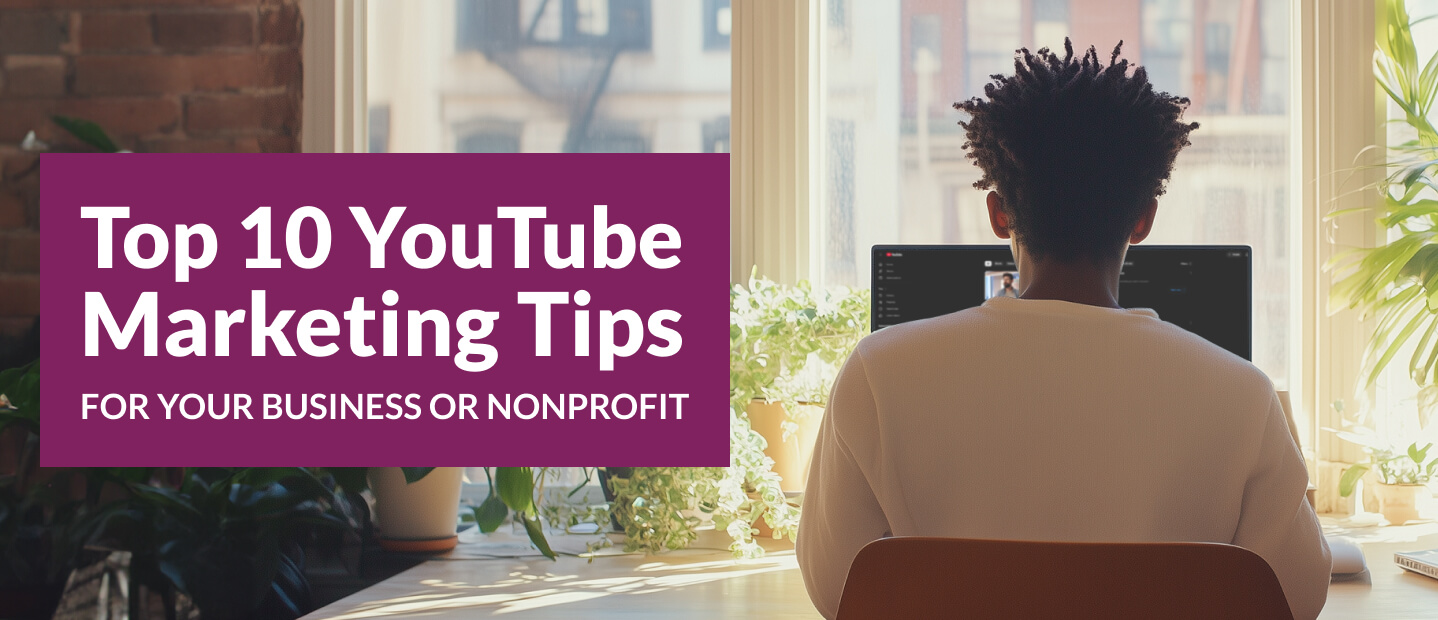
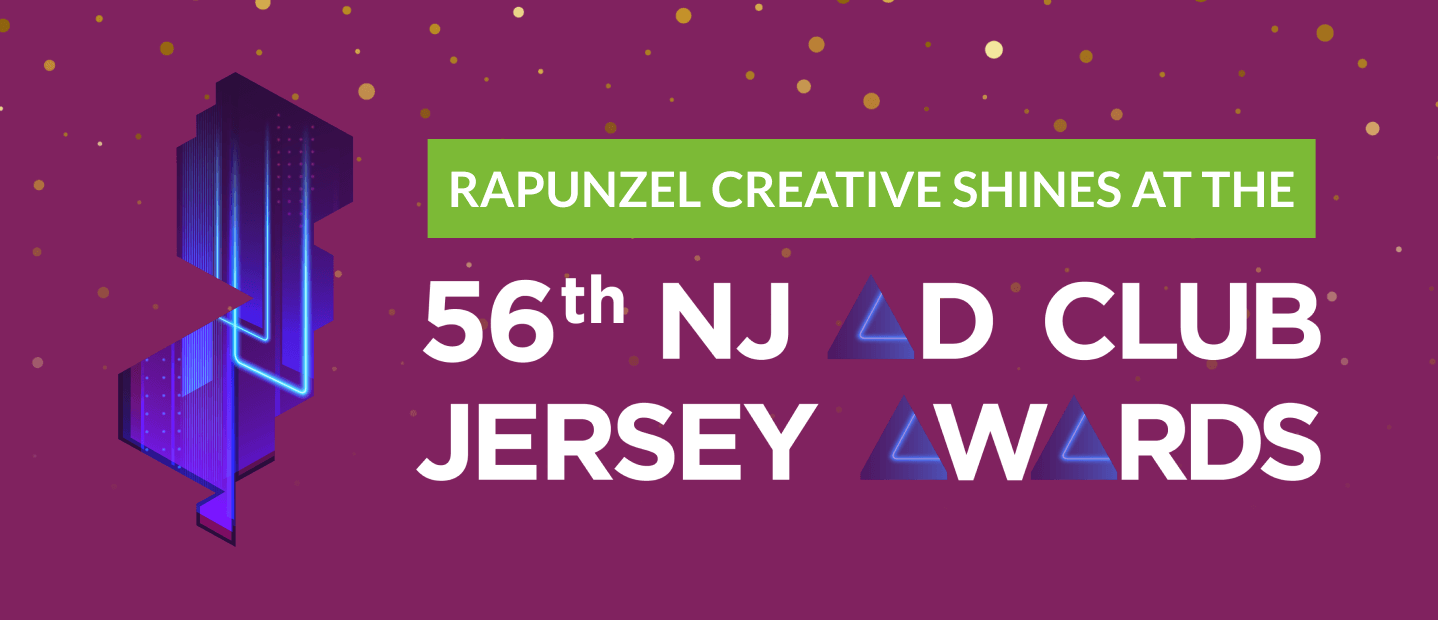
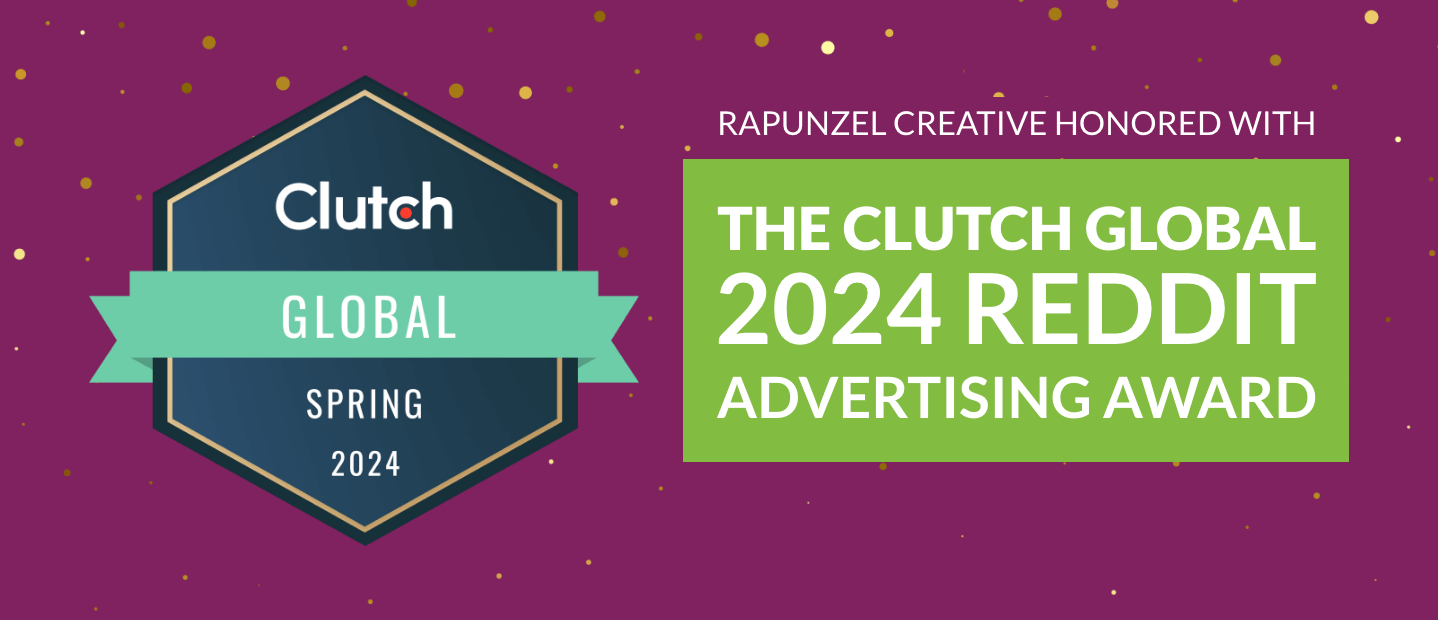

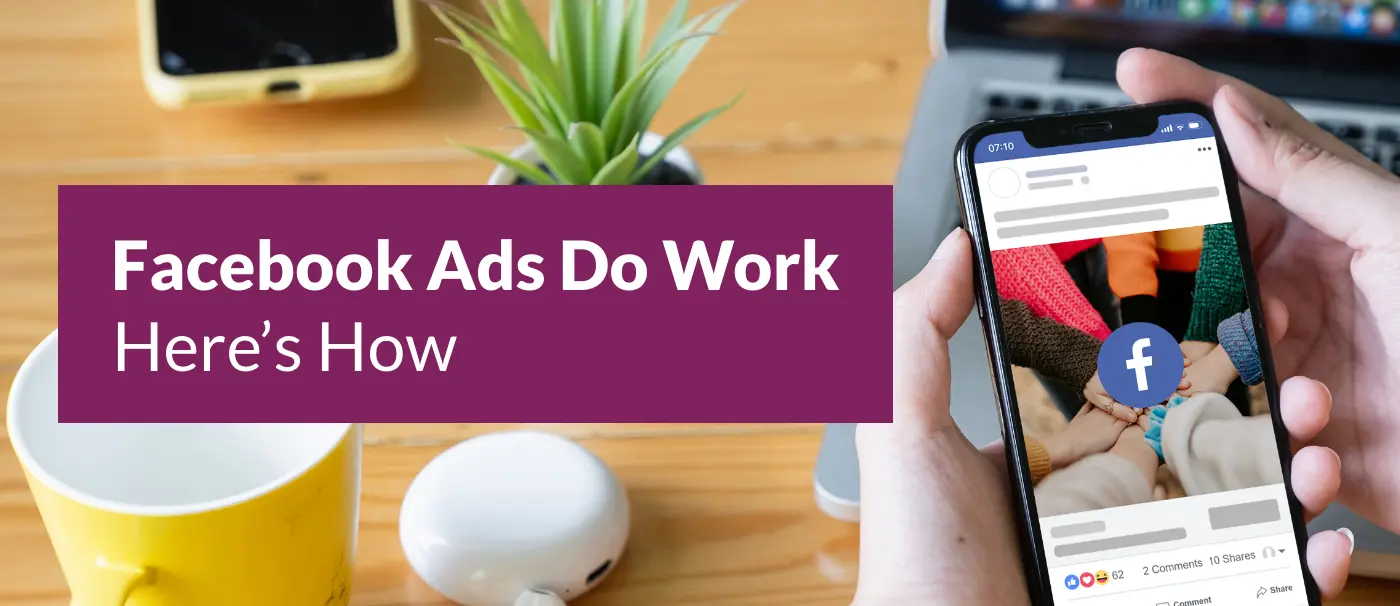
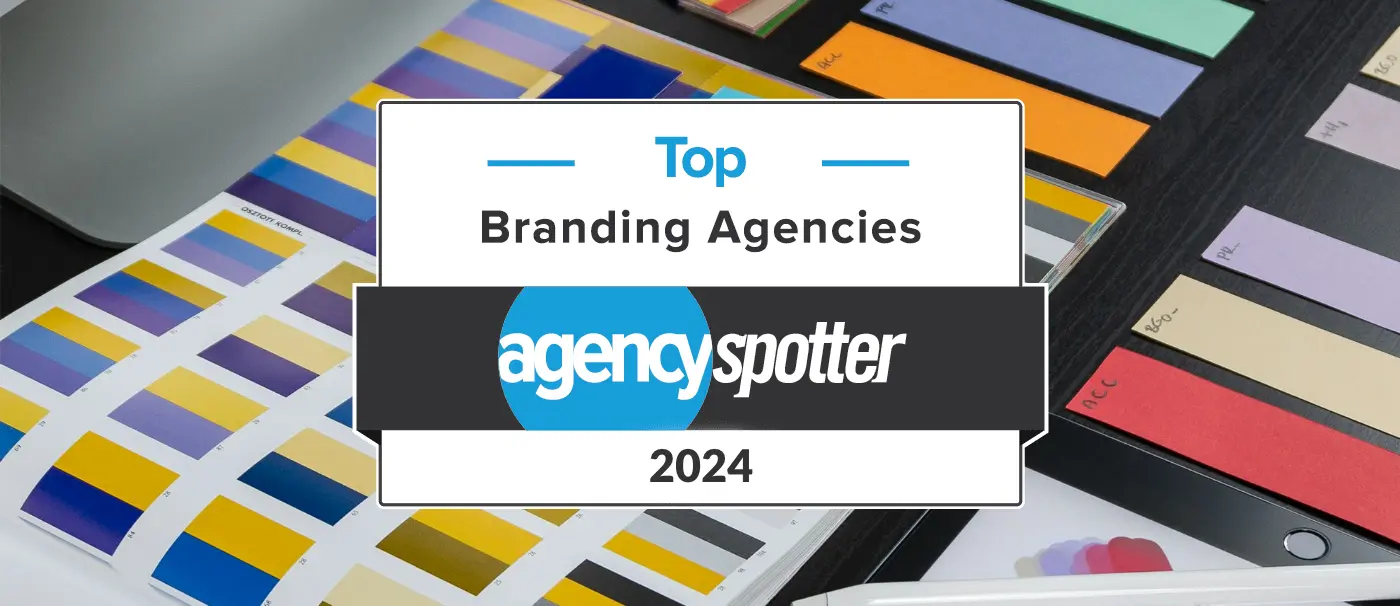
Stay Connected